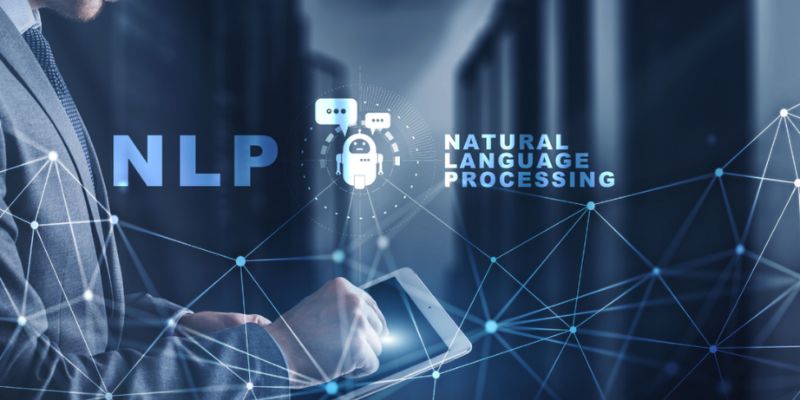Introduction
Hard skills are acquired through years of formal education, hands-on practice, and grappling with a variety of employment obstacles. But more often than not, a person’s employability is determined by how successfully they can use these hard talents in a team setting where personalities and work ethics vary from person to person. Soft abilities will give you the upper hand in this situation. If you want to learn more about Soft Skills then join Soft Skills Training in Chennai with certification and placement support for your career development.
What are soft skills?
Soft skills are characteristics, qualities, innate social cues, and conversational abilities that can contribute to success in a particular profession. They are characterized by how a person interacts with other people in the workplace.
Soft skills are more akin to emotions or insights than hard skills, which are typically mastered. Although they might be challenging to assess and quantify, companies are drawn to them because most professions necessitate employee interaction. Although demonstrating your competence in this engagement may take some time, soft skills are applicable in any role due to their inherent adaptability and transferability.
Important Soft Skills for Career Development
Adaptability
How quickly you adjust to change and how easy you pick up new skills are both indicators of adaptability.
Start off with a positive outlook.
Avoid getting too caught up in routine; just because your business “always does it this way” doesn’t mean there isn’t another, more effective way to go about things. Workplaces are continuously changing, whether it’s because of the adoption of new technology or just the search for more efficient methods of operation. Being adaptable and flexible will demonstrate to employers that you’re willing to evolve with them. Join Soft Skills Training Institute in Chennai with certification and placement support for your career enhancement.
Communication
A skilled communicator can articulate ideas clearly and interact with people in a constructive way. But communication is a two-way affair; they are also skilled at listening, comprehending, and following directions precisely.
Leadership requires effective communication to:
- Establish rapport with potential allies
- Foster enduring partnerships
- Describe difficult issues.
- plainly assign
- Utilize suggestions
- Handle a range of personalities
- You can show that you’re sensitive to others and don’t expect everyone to share your values by adapting your approach to fit different people.
critically analyzing
In order to generate the essential judgments, critical thinking depends on your capacity to draw from experience, gather data, and pose pertinent questions.
Finding the best objective solution to an issue, as opposed to one that supports your prejudices or preconceptions, is the ultimate objective.
You will require:
Take into account all available evidence
- Consider alternate viewpoints
- Be open-minded
- Allow outcomes to change how you behave
- You’ll hone your research abilities, learn how to digest the material, and develop the ability to tell relevant information apart from irrelevant information by engaging in the practice of critical thinking. This will assist you in developing into a more strategic and open-minded worker who is also very adaptive and has a history of making wise decisions.
Attention Reader! Get Soft Skills Training from your remote location by joining Soft Skills Online Training with certification and placement support for your career development.
Conclusion
I hope this blog helps you get some valuable information about soft skills. If you want to learn more about soft skills, then join FITA Academy. because it provides you with training from real-time working experts with certification and placement support for your career enhancement.


